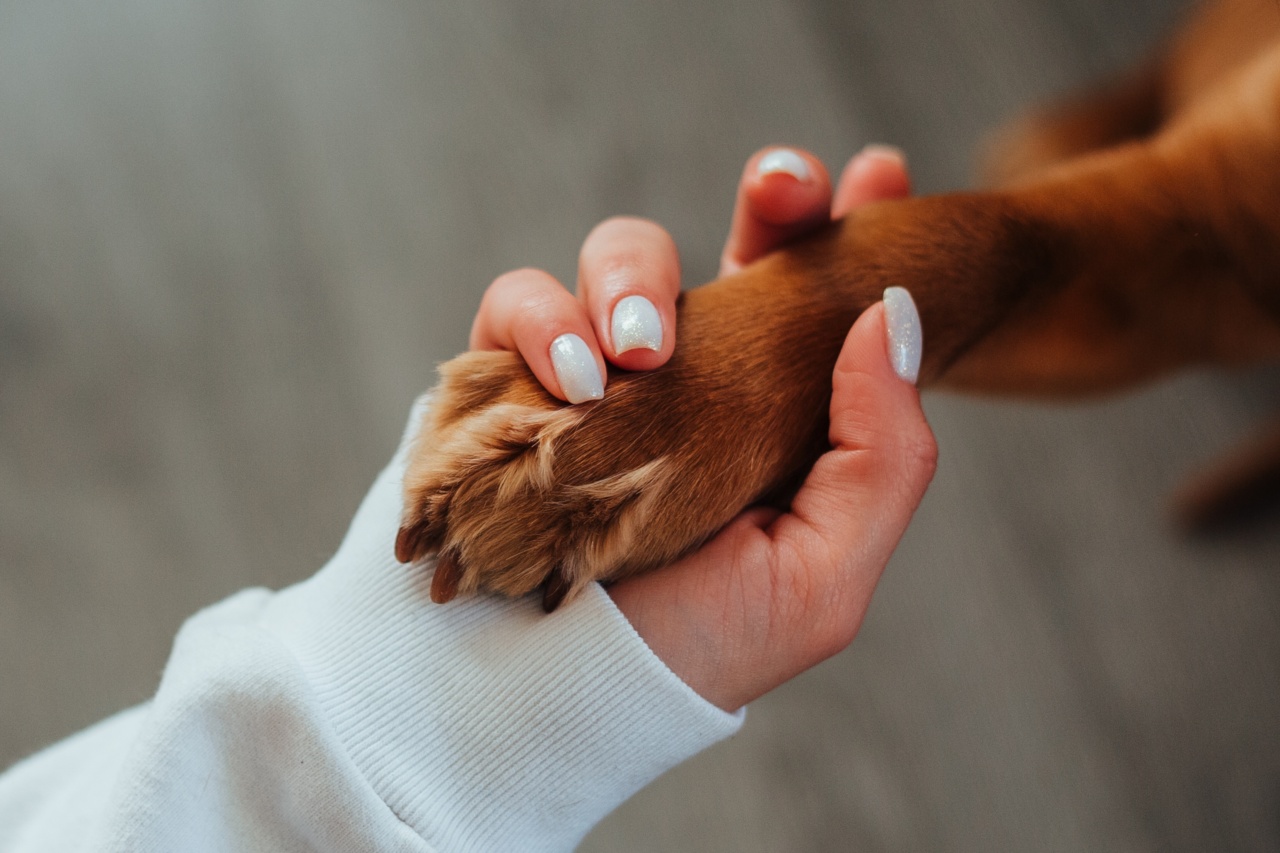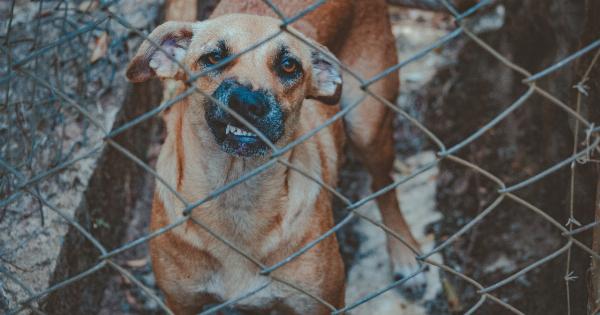Training your dog is an essential part of owning a pet. It helps establish a bond, ensures their safety, and makes them well-behaved members of society. However, training a dog can be challenging, especially for first-time owners.
Many dog owners make common mistakes that hinder their training efforts and may even have negative consequences for their furry friend. In this article, we will discuss the top 10 common mistakes to avoid when training your dog.
Lack of Consistency
Consistency is key when it comes to dog training. Dogs thrive on routine and repetition, so it’s important to provide clear and consistent instructions.
Unfortunately, many dog owners make the mistake of giving mixed signals or changing the training rules. For instance, if you allow your dog on the couch one day but scold them for doing the same thing the next day, it will confuse them. Consistency helps dogs understand what is expected of them and accelerates the training process.
Using Punishment-Based Methods
Punishment-based training methods, such as yelling, hitting, or using shock collars, are not only cruel but also ineffective. These methods may lead to fear, anxiety, and aggression in dogs.
It’s crucial to remember that positive reinforcement is the most effective way to train a dog. Rewarding good behavior with treats, praise, and affection will motivate your dog to repeat the desired actions. Punishing your dog will only create a negative association with training and hinder their progress.
Underestimating the Power of Socialization
Socialization plays a vital role in a dog’s development. It involves exposing your dog to various people, animals, sounds, and environments from an early age.
Unfortunately, some dog owners underestimate the importance of socialization, leading to behavioral issues later on. Dogs that are not properly socialized may become fearful, anxious, or aggressive in certain situations. Make sure to expose your dog to different experiences in a positive and controlled manner to help them grow into well-adjusted and confident pets.
Skipping Basic Obedience Training
Basic obedience training forms the foundation for a well-behaved dog. Some dog owners make the mistake of skipping or neglecting this training, thinking it’s not necessary.
However, basic commands like sit, stay, come, and heel are essential for controlling your dog and ensuring their safety. Obedience training also helps establish you as the leader and strengthens your bond with your furry companion. Don’t underestimate the value of basic obedience training in shaping a polite and obedient dog.
Not Starting Early Enough
The saying “you can’t teach an old dog new tricks” holds some truth. While adult dogs can still learn new things, it’s much easier to train them when they’re young.
Puppies have a shorter attention span and are more receptive to learning. Starting training early allows you to establish good habits and prevent unwanted behaviors from developing. If you adopt an older dog, don’t worry—it’s never too late to start training. Just be patient and consistent with your efforts.
Improper Reinforcement Timing
The timing of reinforcement during training is crucial. Many dog owners make the mistake of rewarding or reprimanding their dog at the wrong time, which can confuse them.
For example, if your dog jumps on visitors and you yell at them after they’ve already jumped, they might associate the punishment with a different action, like greeting someone at the door. To be effective, rewards or corrections should be given immediately after the desired or undesired behavior occurs. This will help your dog make the connection between their actions and the consequences.
Insufficient Exercise and Mental Stimulation
A tired dog is a well-behaved dog. Insufficient physical exercise and mental stimulation can lead to boredom, restlessness, and destructive behavior. Dogs, especially high-energy breeds, require regular exercise to burn off their excess energy.
Adequate mental stimulation also helps prevent behavioral issues by keeping your dog’s mind occupied. Incorporate daily walks, interactive toys, puzzle games, and training sessions into your dog’s routine to promote both physical and mental well-being.
Overfeeding During Training
Rewards, such as treats, play an important role in training, but overfeeding can lead to weight gain and unhealthy habits.
Many dog owners make the mistake of using too many treats during training sessions, which can cause their dog to become overweight. To avoid this, choose small and low-calorie treats for training purposes, and adjust your dog’s regular meals accordingly. Also, remember to gradually wean off the treats as your dog becomes more proficient in their training.
Inadequate Patience and Persistence
Training a dog requires patience and persistence. Some dog owners expect instant results and become frustrated when their dog doesn’t catch on quickly.
However, dogs learn at their own pace, and it’s important to remain calm, patient, and consistent throughout the training process. Rushing or giving up too soon can lead to incomplete training and reinforce unwanted behaviors. Celebrate small victories and continue practicing until your dog has fully grasped the desired commands or behaviors.
Not Seeking Professional Help When Needed
While many dog owners prefer to train their pets themselves, there’s no shame in seeking professional help when needed. Sometimes, certain training challenges require the expertise of a certified dog trainer or behaviorist.
They can provide guidance, develop a tailored training plan, and address specific issues that you may be struggling with. Professional support ensures that you and your dog receive the guidance and assistance necessary for successful training.
Conclusion
Training your dog requires time, effort, and patience. By avoiding these common mistakes, you can create a positive and effective training experience for both you and your furry friend.
Remember to be consistent, use positive reinforcement, prioritize socialization, and start training early. With proper guidance and dedication, you can develop a well-behaved and happy dog that brings joy to your life.




























